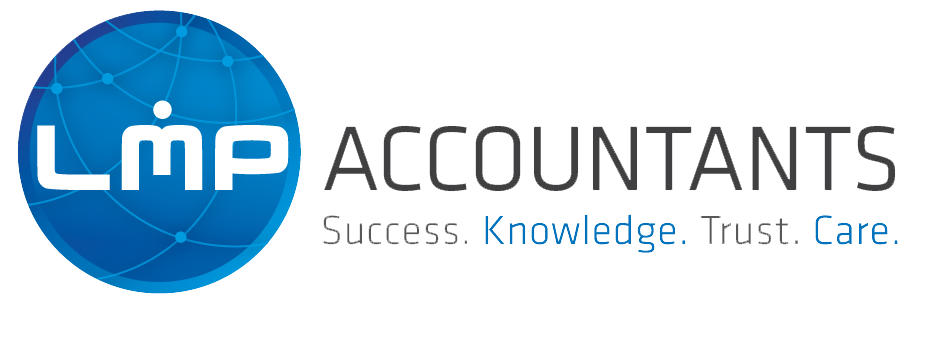The investment strategies of Self Managed Superannuation Funds (SMSFs) are under scrutiny with the Australian Taxation Office (ATO) contacting 17,700 trustees about a lack of asset diversity.
The ATO is concerned that, “a lack of diversification or concentration risk, can expose the SMSF and its members to unnecessary risk if a significant investment fails.”
This does not mean that you must have diversity in your fund. A lack of diversity might be a strategic decision by the trustees but you need to be able to prove that the strategy was an active decision. Section 4.09 of the Superannuation Industry (Supervision) Regulations require that trustees “formulate, review regularly and give effect to an investment strategy that has regard to the whole of the circumstances of the entity.” To do that you need to:
Recognise the risk involved in the investment, its objectives and the cash flow of the fund
Review the diversity of the investment strategy (or otherwise) and the exposure of a lack of diversity
Assess the liquidity of the investment and cashflow requirements of the fund
Assess the ability of the fund to discharge its liabilities, and
Review and have in place appropriate insurance cover for members and assets
Importantly, you need to be able to justify how you formulated your strategy if the ATO asks.
The 17,700 people being contacted by the ATO hold 90% or more of the fund’s assets in a single asset or single asset class.
Property is one of the problem areas the ATO is looking at. With property prices at a low point, the asset value of many funds has diminished.
In addition, debt taken on by SMSFs has significantly increased. The number of SMSFs using Limited Recourse Borrowing Arrangements (LRBAs) to purchase property has increased significantly from 13,929 (or 2.9% of all SMSFs) in 2013, to 42,102 (or 8.9% of all SMSFs) in 2017. For SMSFs that have purchased property through an LRBAs, on average, these LRBAs represent 68% of total assets of the funds.
LRBAs are most common in SMSFs with a net fund size (total assets excluding the value of the amount borrowed) of between $200,000 and $500,000. In 2017, the average borrowing under a LRBA was $380,000 and the average value of assets was $768,600.

